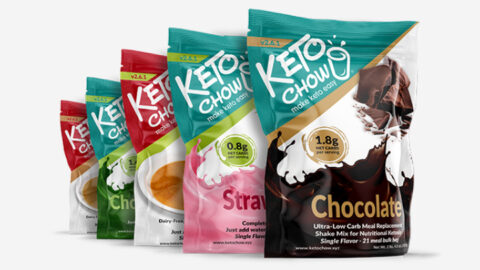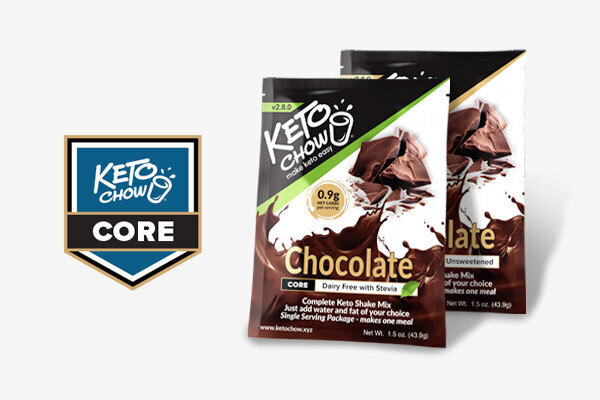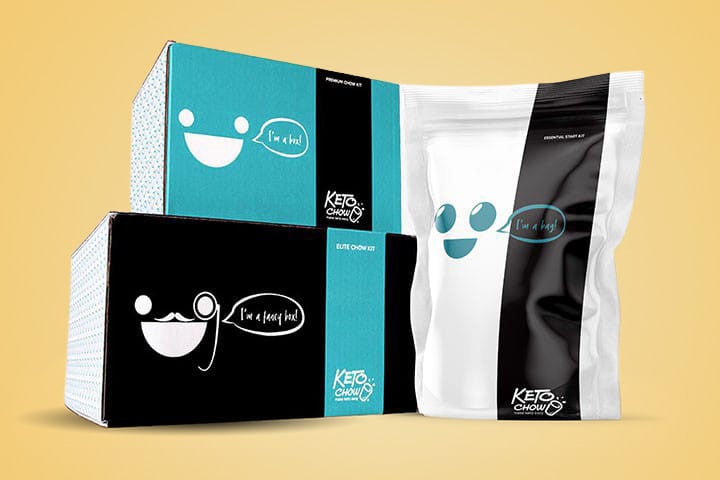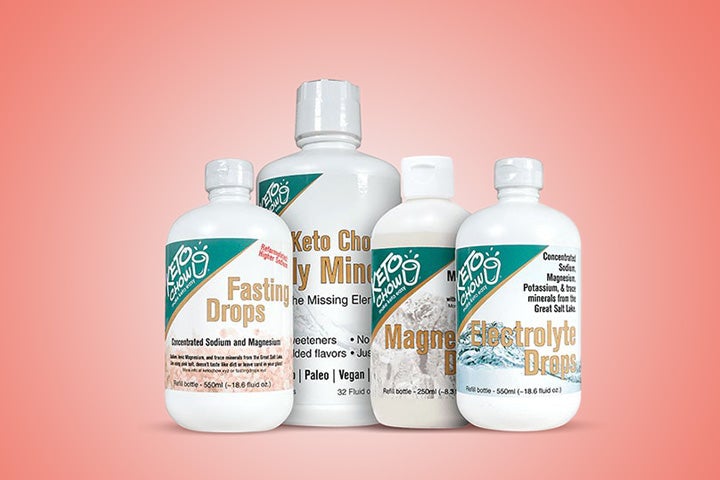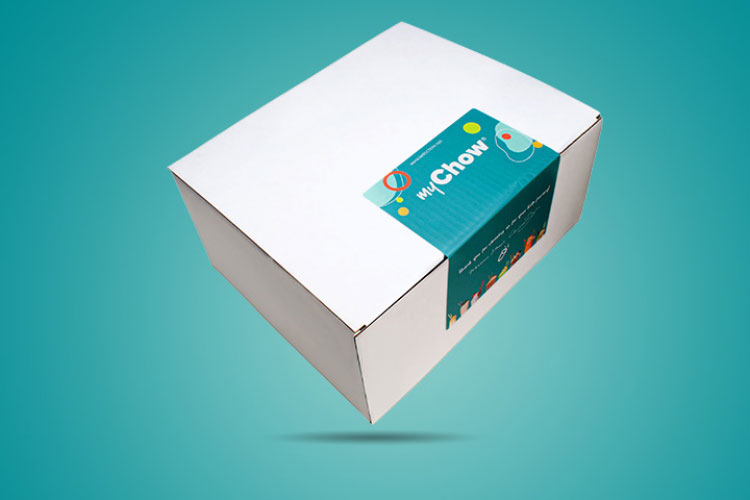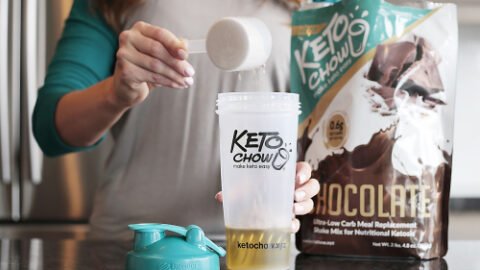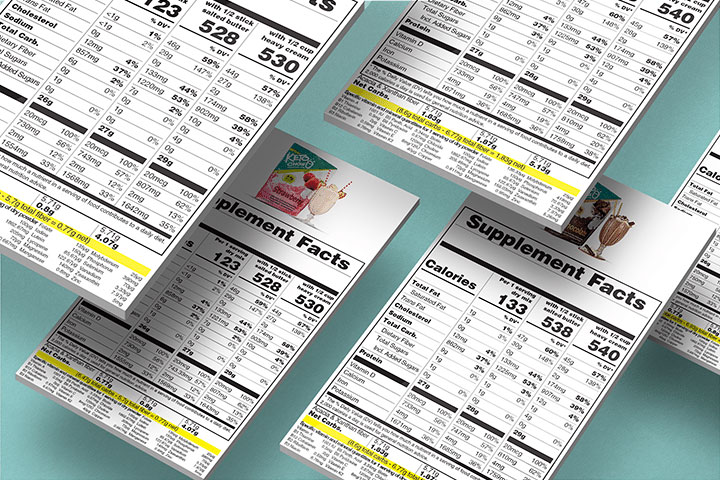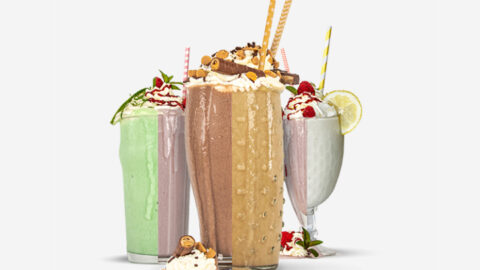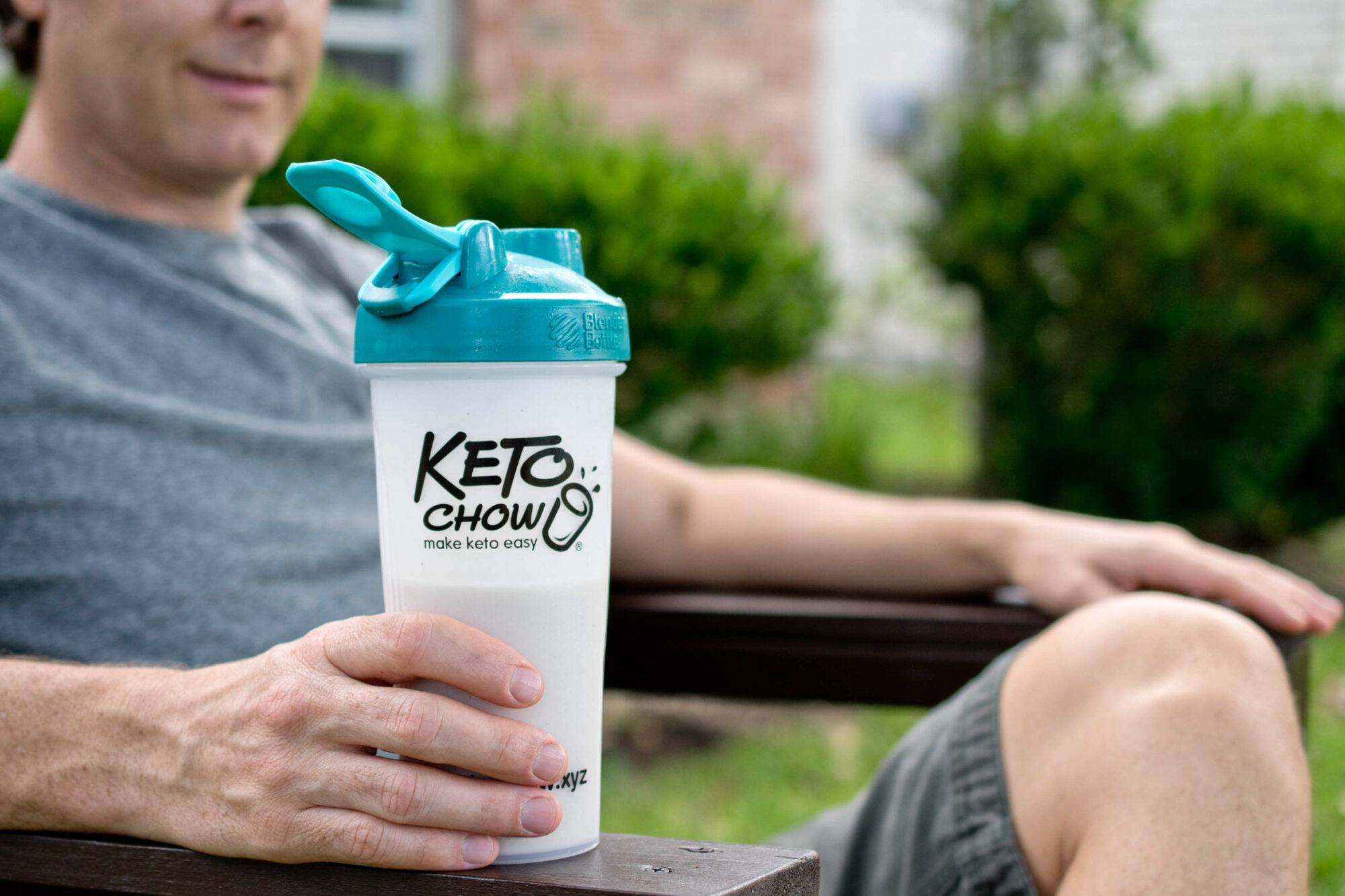Keto diets have become so popular that even regular supermarkets stock specialty “keto” products and in the checkout line you’re bound to see a couple magazines or recipe booklets dedicated to keto. “Keto” is short for ketogenic.
A diet is said to be ketogenic when your body generates ketones. But what are ketones, and why are they so helpful?
Ketones are Fuel Molecules
Ketones are produced when your body burns fat. Crack open a biochemistry textbook and it will say something like, “Ketones are the product of the incomplete oxidation of fatty acids.”
In plain English, when your body is turning fat into energy, if certain ingredients needed for this process are in short supply, some of the fat gets converted into ketones rather than going all the way through the cycle to generate energy. And then the ketones themselves serve as a fuel source that can power cells.
Keto diets may be newly popular, but ketones are nothing new, and nothing out of the ordinary for the human body:
“Ketone bodies are prominent fuel sources for all evolutionary domains of life. The body can use ketones as a source of energy in the absence of a carbohydrate source. Ketones make up 5% to 20% of the human body’s total energy expenditure.”
Where are Ketones Made and Used?

Ketones are generated primarily in the liver, and the brain also produces ketones to be used by the neurons in-house. Even though the liver makes ketones, it doesn’t use them. It lacks the enzyme required to get the process started.
This makes sense: the liver generates ketones for the purpose of exporting them to fuel other tissues. If the liver used them all up, it would be like a battery factory using all the batteries it makes to power its own equipment – none would be left over to sell.
With very few exceptions, ketones can be used for energy in just about every cell in your body, including cardiac muscle cells (your heart).
Apart from liver cells, there are a few other cells that can’t use ketones. Ketones are converted into energy inside mitochondria, so cells that don’t have mitochondria – like your red blood cells – can’t use ketones. Select cells in the kidneys, eyes, and testes also can’t use ketones because they lack the necessary transporters to take in ketones and the enzymes to break them down.
Different Kinds of Ketones

Your body produces three different ketones: acetoacetate, beta-hydroxybutyrate (BOHB), and acetone. The first ketone produced as a byproduct of breaking down fat is acetoacetate. Acetoacetate (AcAc) can be converted into acetone or BOHB. BOHB isn’t directly used for fuel – it gets converted back into AcAc, which is what moves on to the energy generation process.
Acetone isn’t used for fuel and doesn’t get converted back to AcAc, so it gets excreted in your breath or urine. (Acetone is what’s responsible for “keto breath,” which is sometimes described as metallic or fruity, but most people just call it bad.)
You can detect whether you’re in ketosis and get a ballpark for the amount of ketones you’re generating by measuring ketones in your blood, breath, or urine. Blood ketone meters measure BOHB, urine strips detect AcAc, and breath meters measure acetone.
What Stimulates Ketogenesis?
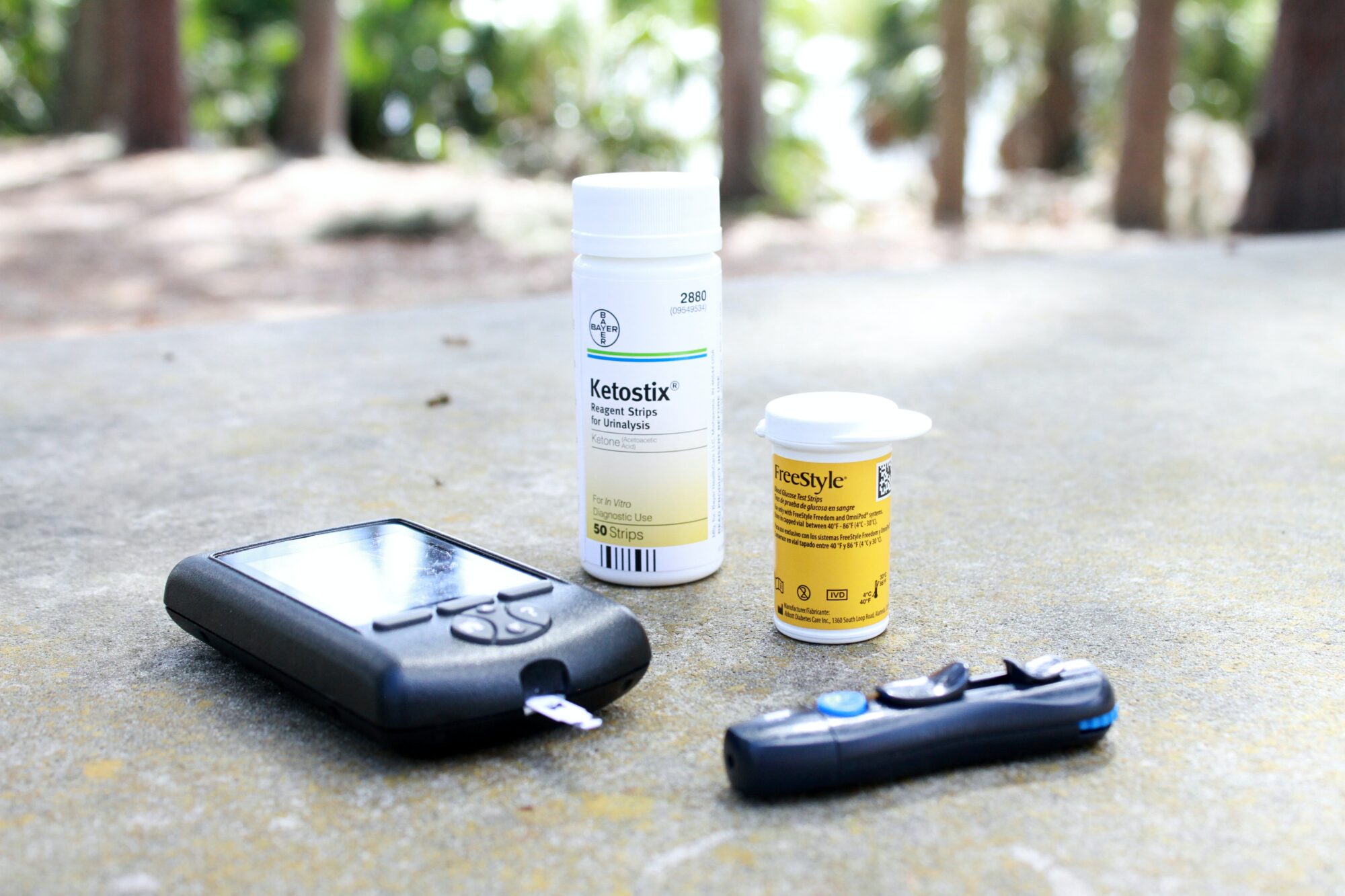
Anything that increases the breakdown and burning of fat can facilitate your body making ketones (such as thyroid hormone, adrenaline, and glucagon, as well as fasting and exercise), but the biggest influence is insulin. A low insulin level triggers increased release of stored fat and increased uptake of this fat by other cells so they can use it for fuel. (With ketones being generated as a byproduct.)
This is why people with type 1 diabetes can experience out-of-control ketone levels, leading to ketoacidosis. It takes only a small amount of insulin to keep ketone production in check, but since people with type 1 make little to no insulin, there’s nothing to signal the liver to stop making ketones.
Ketosis Versus Ketoacidosis
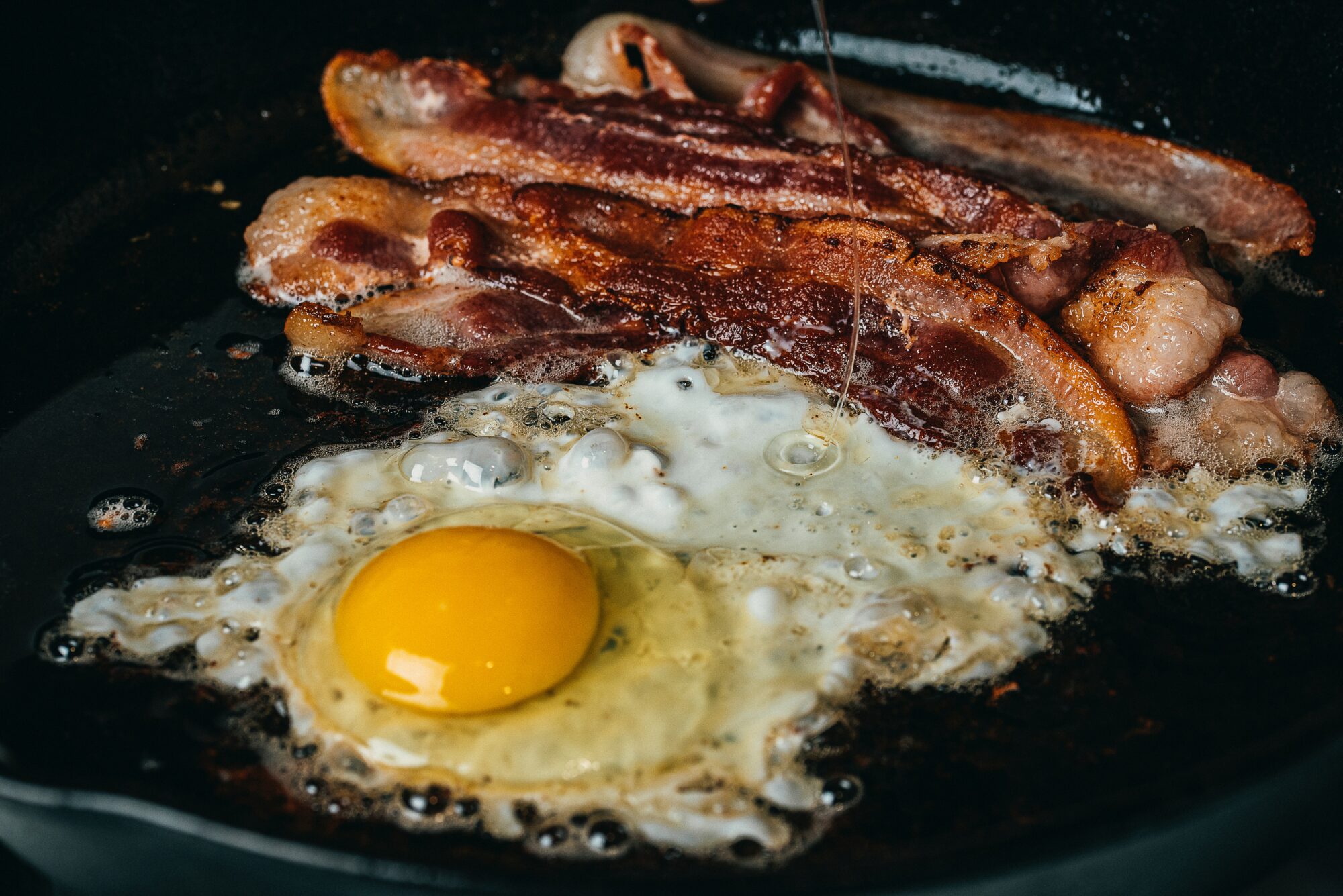
Don’t get confused between safe, beneficial nutritional ketosis and dangerous ketoacidosis. They both have “keto” in their names but they’re completely different metabolic states. Think of ketosis induced by a very low carbohydrate intake as a nice, cozy backyard firepit, while ketoacidosis is more like a raging wildfire tearing through people’s homes. (See this article for more on the distinction between ketosis and ketoacidosis.)
You don’t need to worry about ketoacidosis on a ketogenic diet because even when your carb intake is very low – or close to zero, if you follow a carnivore diet – you’ll still produce enough insulin to rein ketones in. (And yes, it’s safe for people with type 1 diabetes to follow a keto diet as long as they adjust their insulin appropriately.)
Does Your Ketone Level Matter?
People have been using keto diets for weight loss, diabetes, and other purposes for hundreds of years, long before the technology existed for measuring ketones. You can get great results without ever knowing what your ketone level is.
But that doesn’t mean maintaining a certain ketone level isn’t beneficial. It doesn’t seem to matter much when it comes to weight loss or reversing type 2 diabetes. Lots of people lose astounding amounts of weight and achieve normal blood sugar without ever registering “high” ketones. But there might be other situations in which keeping a certain concentration of ketones available could make all the difference.
For example, in Alzheimer’s disease, the brain’s ability to take in and metabolize glucose is compromised, but it can still use ketones. Depending on the ketone level, ketones can provide as much as 60% of the brain’s energy! More research is needed in this area, but it’s possible that in neurodegenerative conditions (like Alzheimer’s and Parkinson’s disease), a higher ketone concentration could mean that those struggling neurons have more fuel available to them.
The same may be true when ketogenic diets are used for mental health. It’s likely that stable blood sugar and insulin play a role in improving things like schizophrenia, bipolar disorder, anxiety, and depression, but the ketones may be having a direct impact, too, especially considering how effective ketones are for fueling the brain.
Traumatic brain injury (TBI) is another area where ketones might be especially beneficial, but here again more research is needed.
What About Exogenous Ketones?

As I mentioned earlier, the ketogenic diet is so-named because when you eat very little carbohydrate, your insulin level is much lower, which helps your body generate ketones. But you can give your cells some ketones to fuel on even if you don’t follow a keto diet.
Exogenous ketones are ketones that you get from the outside – your body doesn’t make them. Think of them like ketone supplements – something you can take to boost your ketone level. They’re available in powdered form, which you mix with water and drink, or as an ester, which is already dissolved in liquid.
You can also get ketones from MCT oil and coconut oil. These don’t contain ketones like exogenous ketone products do, but your body converts them to ketones even if you’re not on a ketogenic diet and your insulin level isn’t low.
(MCT is short for medium-chain triglyceride. Medium-chain fats are metabolized differently than other fats and are more readily converted into ketones. Coconut oil contains medium-chain fats, so it can boost your ketone level but it’s not as good a source as purified MCT oil.)
Bottom Line

Ketones are simply a fuel source for your body. They come from the breakdown of fats and are generated when insulin is very low. If you follow a keto diet, you can measure your ketone level but more research is needed to determine whether maintaining any particular ketone level is required to experience the most powerful effects from eating this way.
Don’t be discouraged if you measure your ketones and see them consistently toward the low end unless you’re living with a condition for which a higher, more therapeutic level might be helpful.
Looking for a keto-friendly meal?
Then try Keto Chow! Keto Chow is a low-carb meal shake with 1/3 of your daily recommended nutrients. It can be made in seconds, and it comes in over 25 delicious flavors (that taste like melted ice cream).
